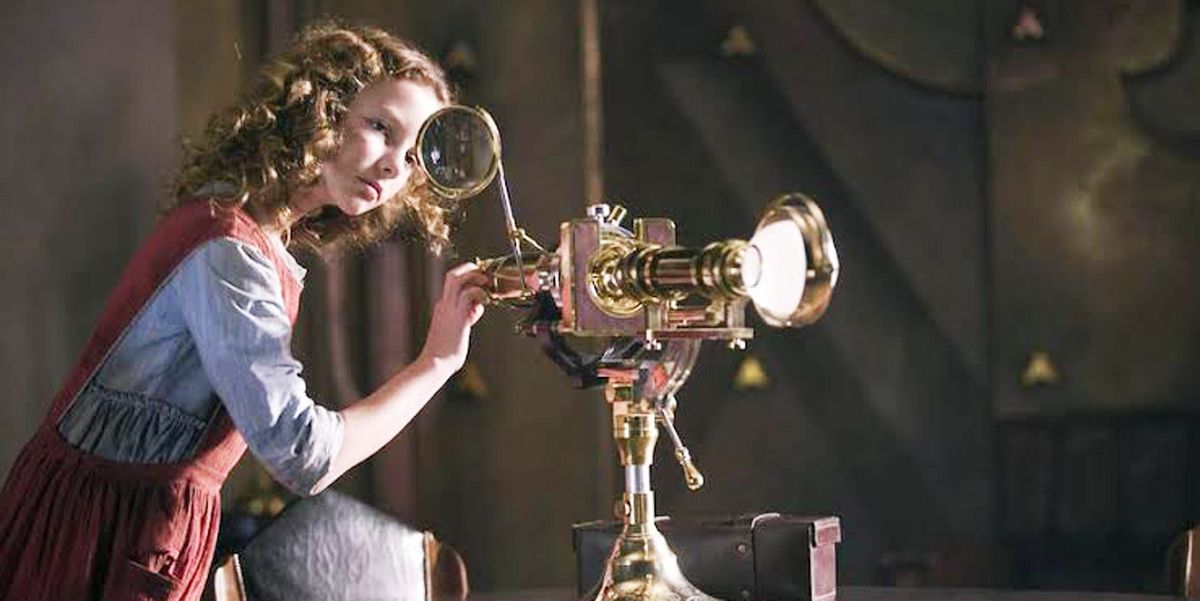His Dark Materials is easily one of the biggest current shows on HBO/HBO Max. Adapting the controversial fantasy book series, the show is seen as a much better representation of the source material than the previous attempt. The 2007 film The Golden Compass was a failure on many levels, especially to fans of the books. Even worse than that, however, was the detrimental effect that it had on its distributor.
New Line Cinema had been a veritable home for lower-budget indie movies before hitting it big with The Lord of the Rings trilogy, but its attempts for similar success with The Golden Compass utterly decimated its bottom line, forcing the company into dependence on Warner Bros.
The Rise of New Line
New Line Cinema was founded back in the late 1960s but didn't begin to really hit its stride until the '80s after the unforeseen success of A Nightmare On Elm Street. The success of its sequel led the company to go public, with the third film, Dream Warriors, being its first national release and a massive hit for the studio. Seeing similar success with the live-action Teenage Mutant Ninja Turtles adaptations, the studio would begin to expand with subsidiaries and divisions.
After being acquired by Turner Broadcasting System, the company would merge with Warner Bros. in 1996. It still remained a separate entity, however, operating independently from its parent company. Its own success would hit its zenith when the studio produced the juggernaut that was the Lord of the Rings movie trilogy. This was at a time when fantasy novel adaptations were bigger than ever, translating into films that made hundreds of millions at the box office. The trilogy's financial and critical acclaim allowed New Line to expand even more and helped to nullify their continually mixed results at the box office with other movies. Unfortunately, the studio's hopes of catching lightning in a bottle a second time would end up being all for naught.
The Golden Compass
The Golden Compass, which was produced for a budget of $180 million, made only a paltry $70 million at the U.S. box office. This poor financial outcome, coupled with the movie's mixed at best reception and religious controversy, removed the potential for the planned sequels. These followups had always been dependent on the first movie's success, dashing New Line's hopes of another smash hit of a trilogy.
It's worth noting that The Golden Compass wasn't the only failure around that time for the studio. Even after the immense success of The Lords of the Rings, New Line had suffered a string of misses and financial woes. Part of this ironically stemmed legal battles with LOTR director Peter Jackson, which only ended a few years ago. Once the financial returns for The Golden Compass came back as being a fraction of the film's production cost, the writing was on the wall for New Line.
Thus, in February 2008, it was announced that New Line would cease operating as an independent studio, bringing its 40-year history as such to a close. It was then officially absorbed by Warner Bros. proper, which limited its output. Company founders Robert Shaye and Michael Lynne would leave the company, and subdivisions like Picturehouse would soon close down.
Though this was definitely a setback for New Line, in the coming years, it would be behind several new success stories. These include the Conjuring Universe series of horror films, which revolutionized horror much in the same way Freddy Kreuger had years before. Likewise, they also co-produced the DCEU flick Shazam and are doing the same for its spinoff, Black Adam. While their attempt at the His Dark Materials franchise ended in tragedy, both that series and New Line Cinema are currently seeing brighter days.
KEEP READING: His Dark Materials Season 2 Cast Baruch and Balthamos, But Cut Them



